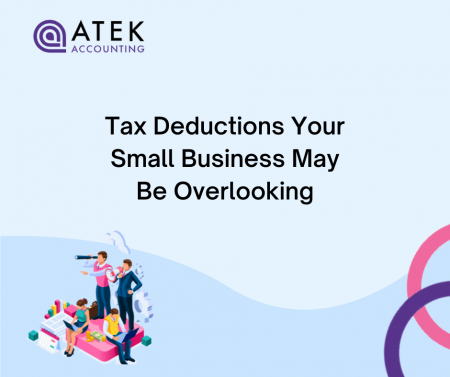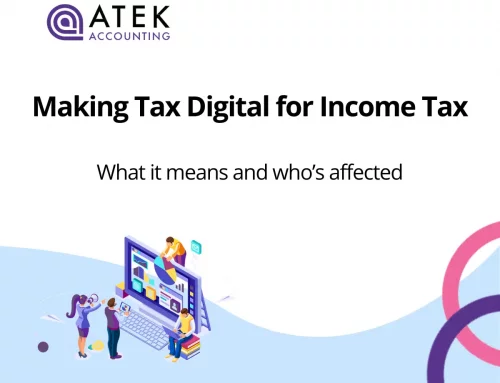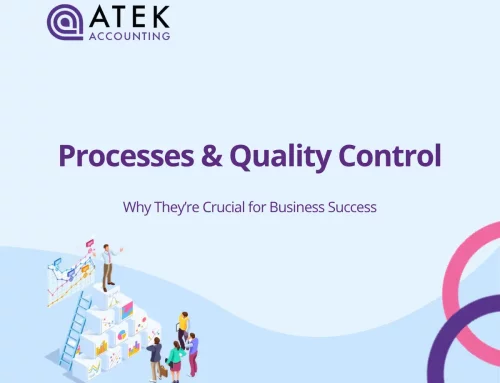
Are You Missing Out on Tax Deductions?
Tax season can be stressful, but what if you’re paying more than necessary? Many small businesses miss out on valuable deductions simply because they don’t know what they can claim. By taking advantage of overlooked tax deductions, you can reduce your tax bill and keep more of your hard-earned money.
Commonly Overlooked Tax Deductions
Here are some commonly overlooked tax deductions that can help reduce your tax bill:
1. Startup Expenses
Starting a business comes with many upfront costs, and some of these expenses may be tax-deductible.
Understanding what qualifies can help you manage your finances more effectively and reduce your tax burden.
What Startup Costs Can You Claim?
In the UK, when you set up a limited company, you can claim certain business expenses that you paid before the company was officially registered, as long as they were solely for the business.
If you incorporated the business up to seven years ago, you might still be able to claim these expenses.
These expenses are treated as if they were incurred on the first day of trading, which could help reduce your company’s tax bill.
Eligible expenses include:
-
Professional Fees – Legal advice, accountancy services, and business registration costs.
-
Equipment & Assets – Computers, office furniture, and machinery necessary for operations.
-
Marketing & Branding – Logo design, website development, and initial advertising campaigns.
2. Home Office Expenses
If a room in your home functions as your primary place of business, then you may be able to claim a home office tax deduction.
What Home Office Expenses Can You Claim?
Deductible expenses related to your home office are generally based on the proportion used for business purposes and the duration of that use.
For example, if you buy an office chair for £100 and use it exclusively for work, then you can claim the full amount. However, if you use it for personal reasons 30% of the time, then you will only be able to deduct £70 from your taxable income.
Therefore, it’s important to keep a record of how many hours you work each month to calculate this deduction.
Eligible expenses include:
-
Portion of electricity, heating, and water costs
-
Business broadband and phone
-
Office equipment & supplies
3. Carryovers
Businesses often overlook capital and net operating losses as deductions; you may be able to carry these over to future tax years to reduce taxable income when profitability improves.
With so many small businesses struggling, this is definitely a deduction to make note of. It’s especially useful for seasonal businesses with financial fluctuations.
For example, a small business that reported a £10,000 loss in its first year was able to carry this loss forward, reducing taxable income in the following year and easing financial pressure.
It’s best to speak to your accountant about how your business can best benefit from this type of tax deduction.
4. Losses on Bad Debts
If your business loses money due to a customer who won’t pay, an employee who quit after receiving advance wages, or loans to clients that your business is now unable to collect, then you may be able to claim this amount as a tax deduction.
You will have to prove that you have taken reasonable steps to collect this amount but have been unable to do so. Of course, this situation is less than ideal, but it may help to soften the impact of a bad debt.
It’s important to keep records of collection attempts such as emails, phone calls, and written notices to ensure a successful claim.
5. Education and Training
It’s a good idea to invest in your employees, and you should be able to deduct the cost of doing so.
Many business owners overlook the fact that educating and training their employees is a deductible tax expense, so keep a careful record of your spending in this area to receive a smaller tax bill.
For example, a technology company that enrolled employees in a £3,000 coding course was able to claim the cost as a deductible expense while improving its workforce’s skills.
Maximising Your Tax Deductions
We’d all love a smaller tax bill, right? To help make that happen, it’s important to be aware of often-overlooked deductions that could save you money.
Keeping track of all your expenses is key to making sure you don’t miss out on potential deductions. Take the time to confirm which expenses qualify so you don’t risk making costly mistakes.
Tax laws change frequently, and missing updates could mean missing out on valuable deductions. That’s why consulting an accountant can ensure you stay compliant while maximising your tax savings.
At Atek, we’re here to help businesses get control of their finances, improve efficiency, and grow. If you have any questions about tax, accounts, or anything else accounting-related, feel free to get in touch – we’d love to help!
More resources:













